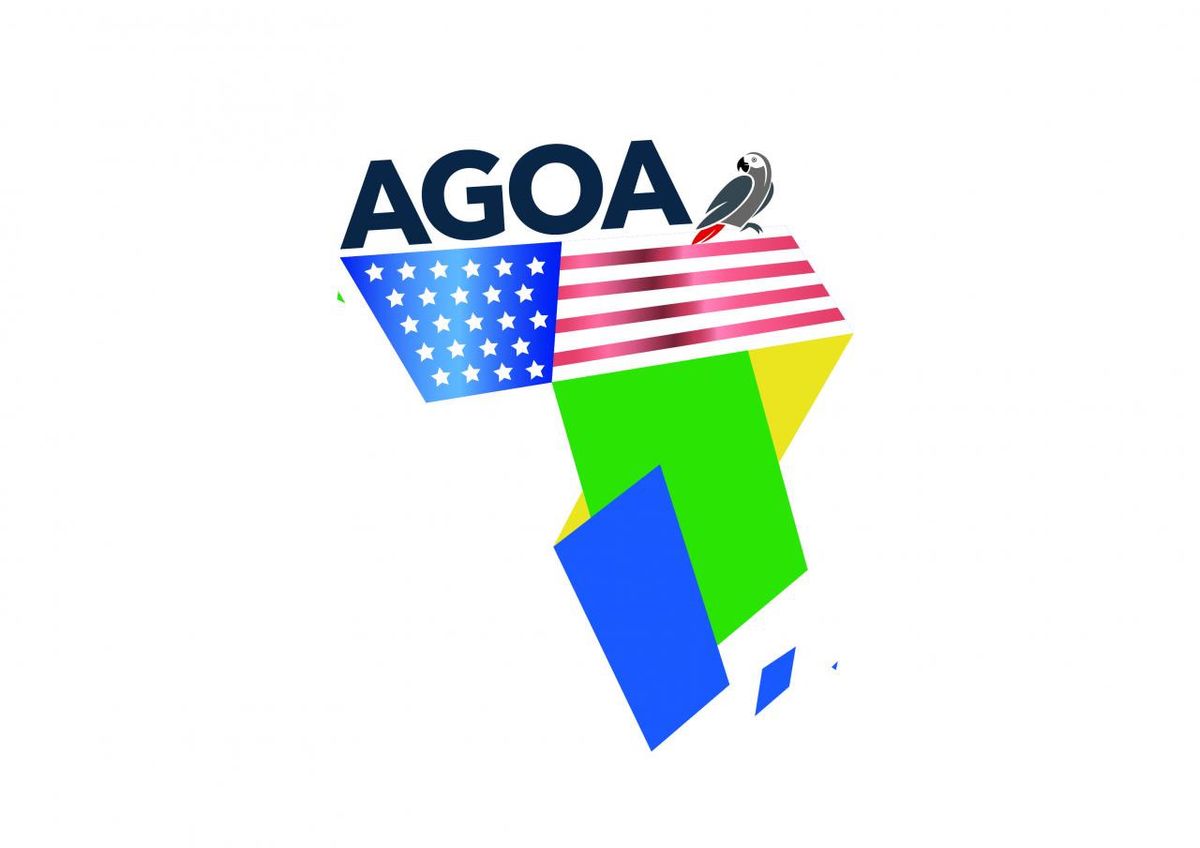Gabon, Niger, Central Africa and Uganda to be evicted from the United States Trade Program

President Joe Biden, the United States President on Monday,30th October announced his plan to exclude Gabon, Niger, Uganda, and the Central African Republic from the African Growth and Opportunity Act (AGOA) trade program in a letter addressed to the speaker of the U.S. House of Representatives.
Biden's decision was based on the Central African Republic and Uganda's severe breaches of global human rights standards.
Additionally, he said that Niger and Gabon had not successfully established or shown consistent advancements in safeguarding political diversity and the principles of justice.
Expressing his disappointment with the lack of progress in addressing the United States' concerns regarding the compliance of the Central African Republic, Gabon, Niger, and Uganda with the AGOA eligibility criteria.
Consequently, Biden announced the intention to remove the beneficiary status of these countries as sub-Saharan African nations under the AGOA, starting from January 1, 2024, stating that he will keep evaluating if they fulfill the criteria for the program.
The AGOA is a trade act of the United States, passed as Public Law 106 of the 200th Congress on May 18, 2000. It has been renewed numerous times, with the most recent renewal in 2015, extending its validity until September 2025.
To be eligible for AGOA preferences, a country must meet the conditions outlined in the AGOA legislation. These conditions include demonstrating a commitment to the rule of law, human rights, and core labor standards, as well as not working against US foreign policy objectives. The specific requirements for AGOA eligibility can be found in the AGOA legislation and are also influenced by the US Trade Act of 1974.





